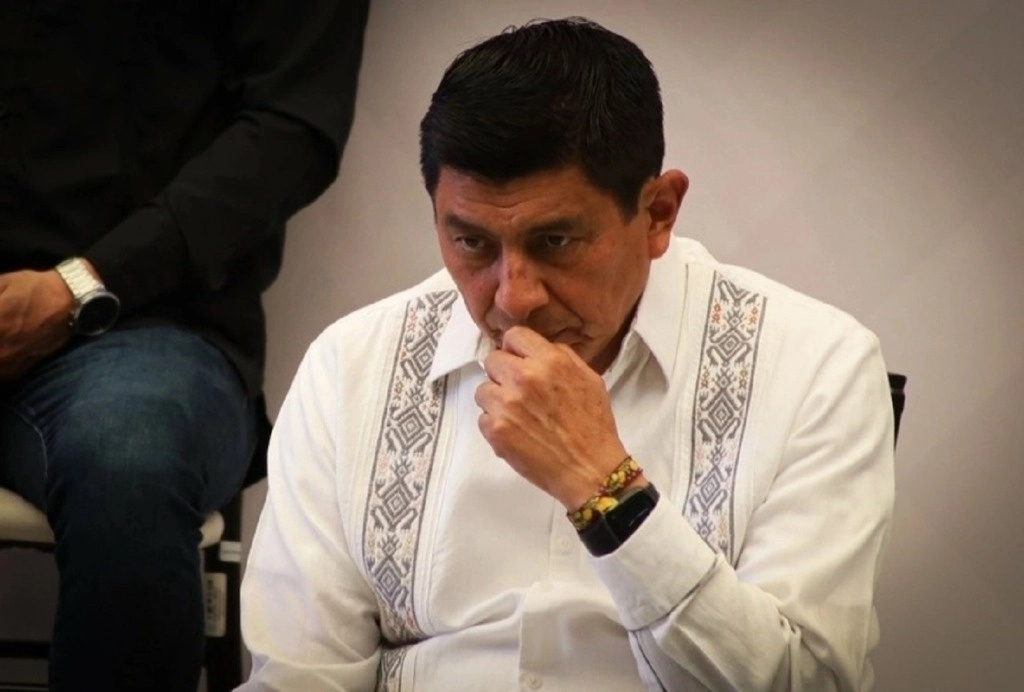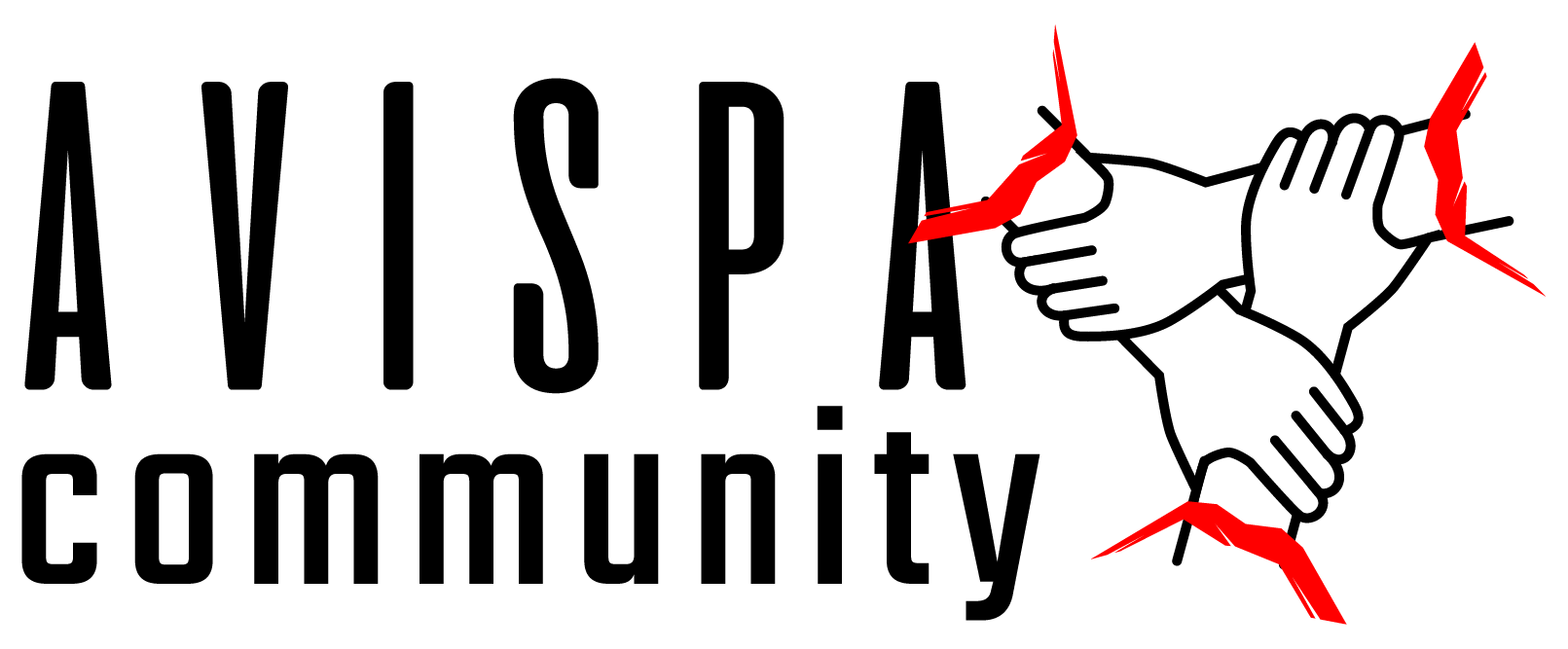Northern Sierra Mountains of Oaxaca. Photo: Santiago Navarro F
With the approval of the state congress, the governor of Oaxaca has passed the revenue law for the 2024 fiscal year, with which he is pushing the privatization of social use lands in the state.
According to the discourse of Salomón Jara and the opinion of local representatives reproduced in Section B of the law, the idea is to strengthen state revenue through the conversion of ejido and communal lands into private property.
Furthermore, Article 25 proposes to offer fiscal stimulus to ejido and community members who move toward the certification of their agrarian rights in the modality of private property.
This new policy has set off warning signals in the ejidos and communities of the southern Mexican state of Oaxaca where according to the National Agrarian Registry (RAN), as of 2022, there are 7,600,000 hectares of social land. That is to say, more than 80% of Oaxacan territory is collectively managed.
In light of this, the ejidos and communities have declared themselves against what they call a “neoliberal economic policy.” According to the ejidos and communities, the law violates the legal security of social property of agrarian, Indigenous, and ejido communities as enshrined in Article 27 of the Mexican Constitution.
Through a statement, ejidos, communities, agrarian authorities, and organizations of Oaxaca have demanded the repeal of the law that they consider “neoliberal tax policy.”
“The part of the decree being questioned is its neoliberal vision, founded in policies imposed by Carlos Salinas de Gortari (ex-president of Mexico) through the constitutional reform of January 6, 1992, to privatize social property held by Indigenous peoples, agrarian communities, and ejidos in the state of Oaxaca,” contextualizes the document.

In the statement, the ejidos, communities, and organizations argue that the intention of the Oaxacan government to increment tax collection through cadastral and registry rights “clearly demonstrates the lack of knowledge of the reality of agrarian, Indigenous, and ejido communities.”
They also argue in the statement that the law undermines the foundation of social property in Oaxaca, manifesting that it is a “Salinist neoliberal policy” of land privatization of ejidos and communities. For that, they demand the governor repeal Article 25 of the law.
The ejidos, communities, and organizations also demand the annulment of the program called “Legal Certainty of the Security and Well-being of the Patrimony,” as they argue that agrarian and ejido communities already have legal certainty with their files registered with the RAN.
“The program the government seeks to implement in no way benefits ejido or community members. The legal certainty is for national and international investors who want the natural resources in our territories, thereby guaranteeing their profitable businesses. This is the case with the megaprojects imposed in the Isthmus region and the mining concessions,” they argue.
Lastly, they call on Indigenous peoples, agrarian and ejido communities, along with social organizations to carry out actions demanding the repeal of the “neoliberal tax policy that threatens our social property.”


